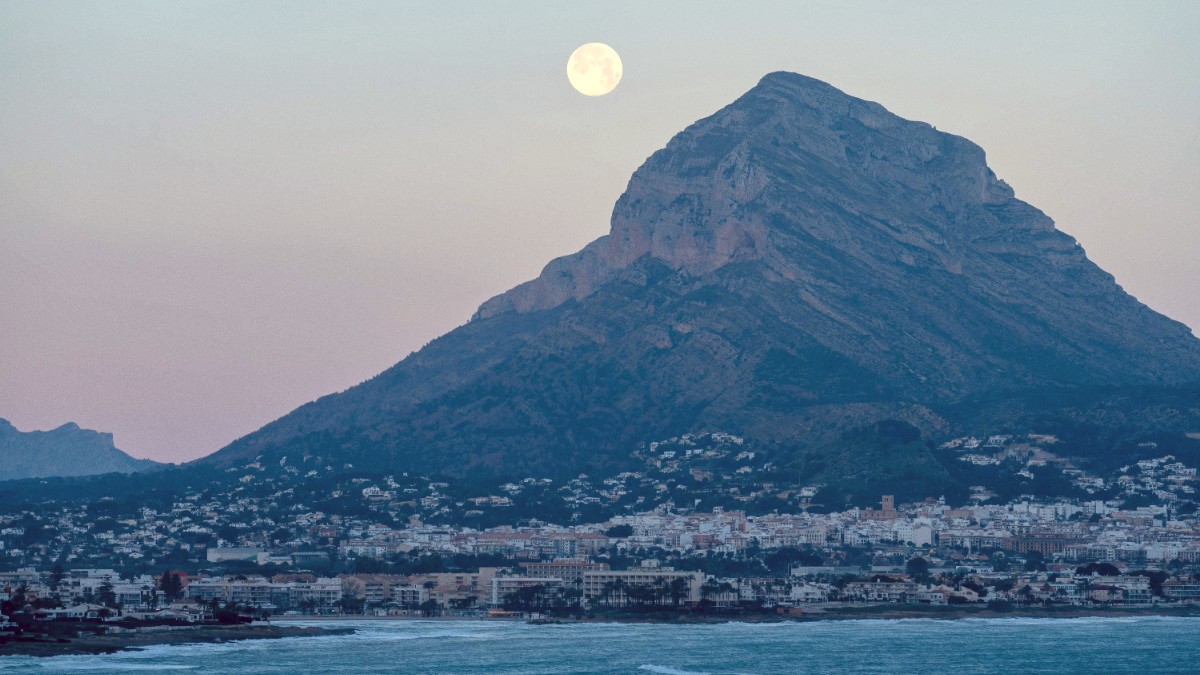
Spain
Denia's culinary identity is inseparable from its history as a thriving fishing port and an agricultural center. The local diet heavily draws on the Mediterranean triad: wheat, olive oil, and wine, supplemented by fresh produce from the land and abundant seafood from the sea.
The flavors result from centuries of cultural exchange, with influences from Roman, Moorish, and Christian traditions. The emphasis remains on fresh, seasonal ingredients and simple, precise cooking methods that allow natural flavors to stand out.
Olive oil, fresh seafood (especially Gamba roja de Dénia, sole, hake, octopus, shellfish), local vegetables (tomatoes, peppers, artichokes, aubergines, broad beans), citrus fruits, almonds.
Typically fresh, aromatic, and based on simple, high-quality ingredients, often seasoned with garlic, saffron, and local herbs.
Part of the broader Valencian culinary tradition, known for rice dishes. Denia has its own rice specialties, with a stronger focus on seafood due to its coastal location.
The most iconic local delicacy. Best enjoyed simply boiled or grilled with a touch of salt to let its natural taste stand out. Widely available at seafood restaurants around the port and in the Baix la Mar quarter.
Find it at portside restaurants.
A classic Valencian rice dish that translates to "rice apart." Rice is cooked in a rich fish broth, typically served separately from the fish and seafood that flavored it. Often accompanied by Alioli (garlic mayonnaise).
Many traditional restaurants specialize in this.
A versatile flatbread with various toppings, akin to a pizza or focaccia. Local versions include Coca de Dacsa (corn flour base) or Coca de Verdures (seasonal vegetables).
Available in bakeries or as tapas.
The Marina Alta region produces excellent local wines, especially crisp white wines and sweet Moscatel. Seek out local bodegas or ask for regional wines at restaurants.
Horchata: A refreshing, sweet, milky drink from tiger nuts, often with Fartons. Turrón: A traditional nougat confection, popular during Christmas, but available year-round in specialty shops (hard Alicante, soft Jijona).
Denia hosts world-renowned culinary experiences, including Michelin-starred establishments for an unforgettable journey.
Abundant throughout Denia, these restaurants balance quality and value.
Affordable options for casual dining and fresh local produce.
Denia's international resident population brings a wide variety of international restaurants.
Find Italian, Indian, Chinese, British, and other cuisines, providing alternatives to Spanish food if desired.
These restaurants are often found in tourist-heavy areas and some residential districts.
Check online directories or local guides for specific international dining options.
Increasing options, especially in tourist areas. Confirm ingredients. HappyCow app useful.
"Sin gluten" is recognized. Many rice dishes are naturally gluten-free. Communicate clearly.
Inform staff about allergies.
A Spanish phrasebook or Translation app can assist with dietary requests.
The avant-garde dining experience at Quique Dacosta Restaurante offers an unique culinary journey.
It transforms traditional ingredients into artistic and surprising dishes, an experience for food enthusiasts seeking innovation.
Denia's UNESCO status highlights its commitment to culinary excellence and innovation.
Many local chefs experiment with traditional recipes, creating contemporary interpretations.
Look for "Menu del Día" for value lunches. Be aware that dinner often starts later, typically after 9 PM. Reservations are advisable for popular restaurants, especially on weekends and during high season.
For apartment or villa renters, visiting local markets allows you to prepare meals with fresh, local ingredients, offering a cost-effective and immersive experience.
The number of vegetarian and vegan-friendly restaurants grows, especially in tourist areas. Many traditional dishes are meat or fish-heavy, but options like salads, grilled vegetables, and some rice dishes can be adapted.
"Sin gluten" (gluten-free) gains wider understanding. Many rice dishes are naturally gluten-free, but always confirm ingredients to avoid cross-contamination. Dedicated gluten-free restaurants are rare, but some establishments are becoming more accommodating.
Availability is limited. Best to inquire directly with restaurants in advance or consider self-catering. Larger cities in Spain may offer more options.
Purchase fresh ingredients from Mercat Municipal for greater control over your meals.
This is a great option for precise dietary management.
Major supermarkets often stock a range of specialized products (e.g., gluten-free bread, dairy alternatives).
Look for product labels with allergen information.
Clearly state your dietary restrictions to restaurant staff before ordering. Written notes can be helpful.
For fine dining or specific needs, calling the restaurant in advance to discuss options can prevent issues.
Even with familiar dishes, a quick check of ingredients with staff can avoid hidden allergens.
Denia's commitment to gastronomy means quality ingredients are paramount. Embrace the local flavors and dining customs.